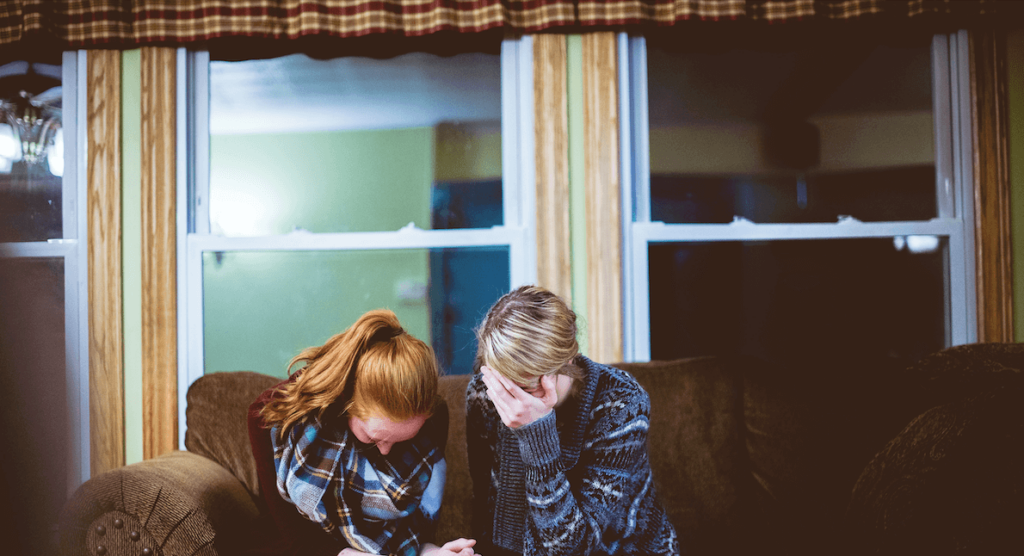Going through a divorce can be challenging, especially when it comes to getting your finances in order. A number of questions can arise during this process, some of which may not have crossed your mind before.
One important question to consider is what happens to debt at separation – keep reading to find out.
What Is Debt Separation?

Regardless of whether you think of it as “legal separation” or “divorce,” both processes involve the division of assets and debt as you and your partner move forward separately. However, it is essential to understand the specific laws in your country or province, as they play a crucial role in determining how this division will occur.
In British Columbia, spouses aren’t legally required to share debt particularly when it pertains to debt a spouse acquired prior to the marriage. That can include personal loans, student debt and so on. Such debts remain the responsibility of the person who applied for them.
How Does Debt Separation Work?
Both parties are responsible for repayment for debts acquired during a marriage, which can include mortgages, car loans and lines of credit.
Parties are also equally responsible for debts in the other’s name, as long as it was acquired during the marriage and can be identified as expenses incurred for the family. For example, credit card debt with expenses for groceries, gas, etc.
Your Divorce Lawyers in Surrey
If you’re searching for experienced and reliable divorce lawyers in the Surrey area, Highland Law’s expert team is ready to begin work on your case. Our client-focused and results-oriented lawyers have extensive trial experience and are committed to resolving your legal matters successfully and cost-effectively. Our team is highly qualified in the fields of family law and divorce law.
Call us at 778-591-5888 or complete our online contact form to request more information or schedule a free consultation.

